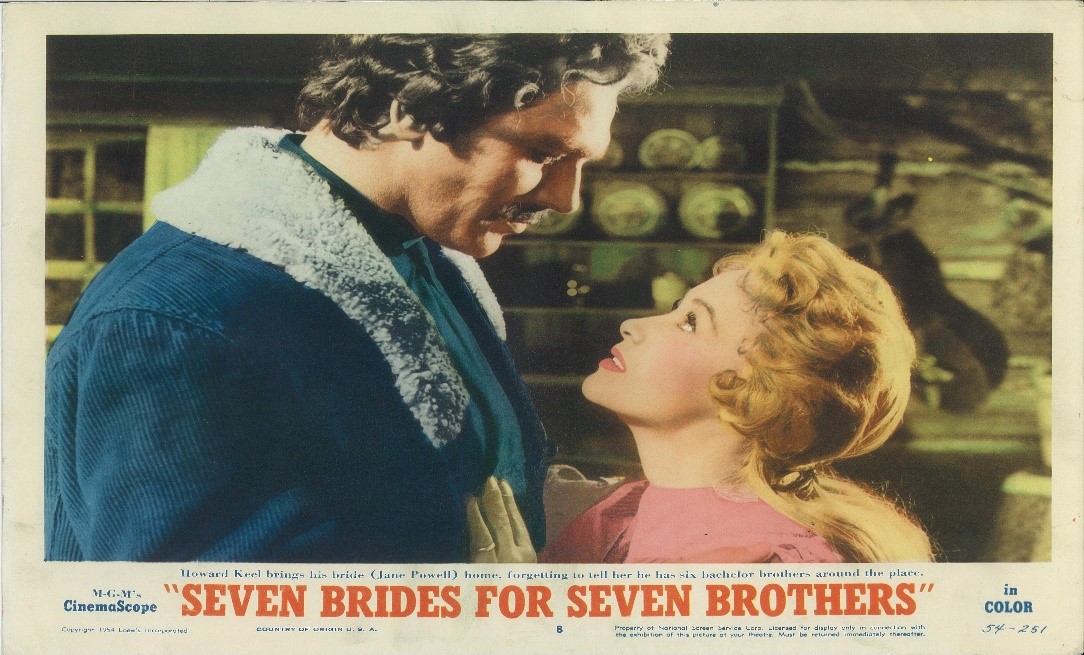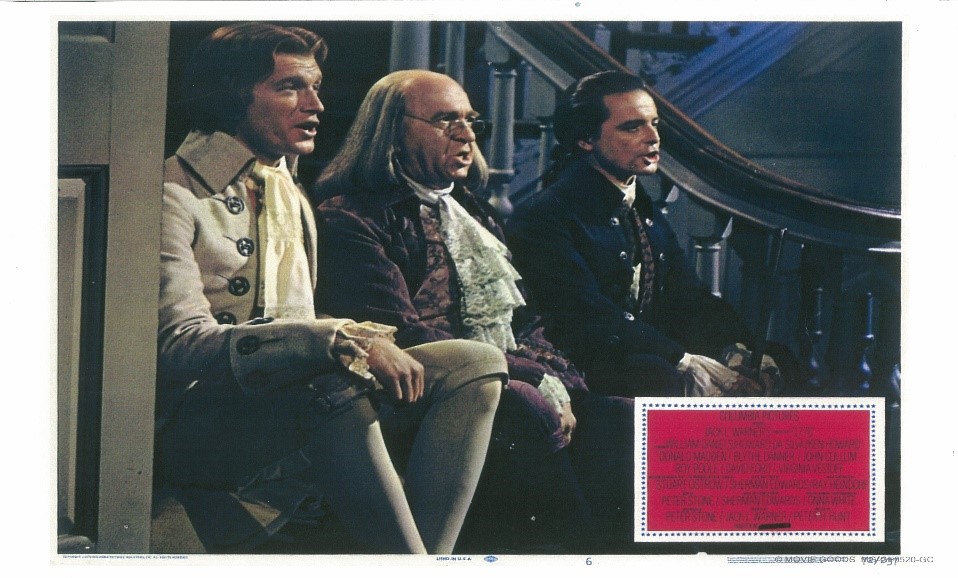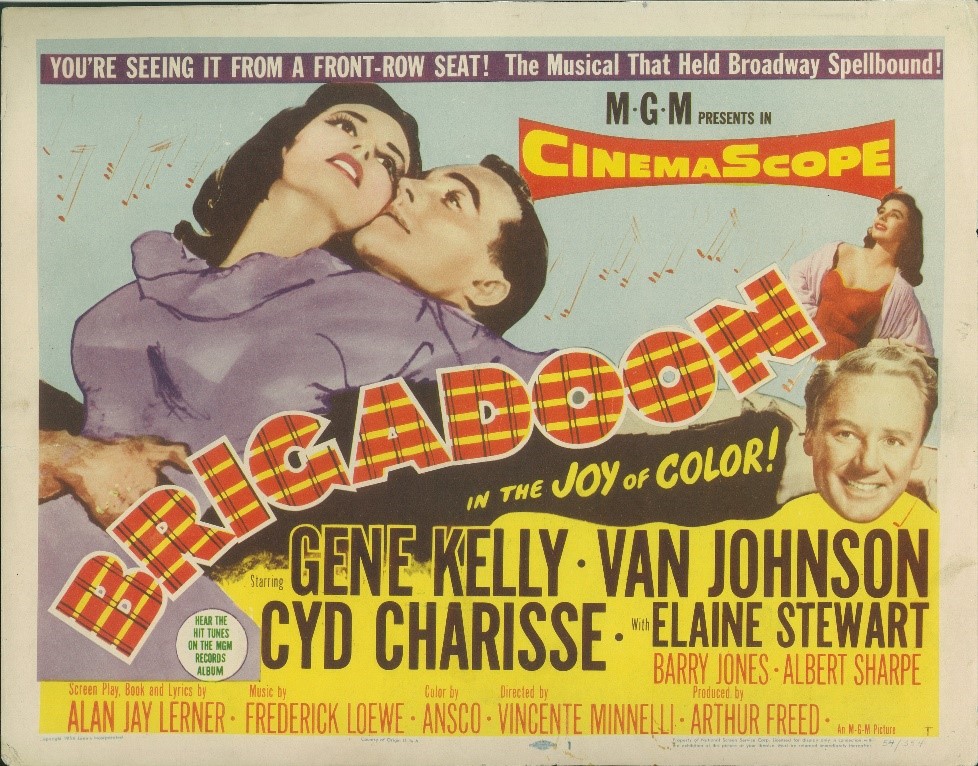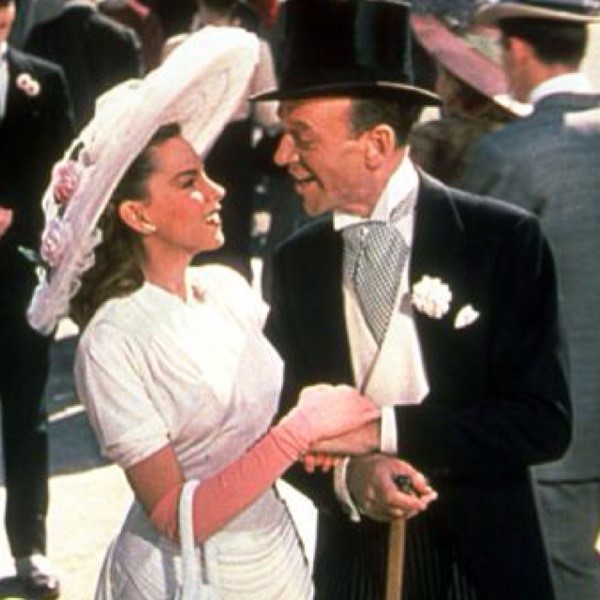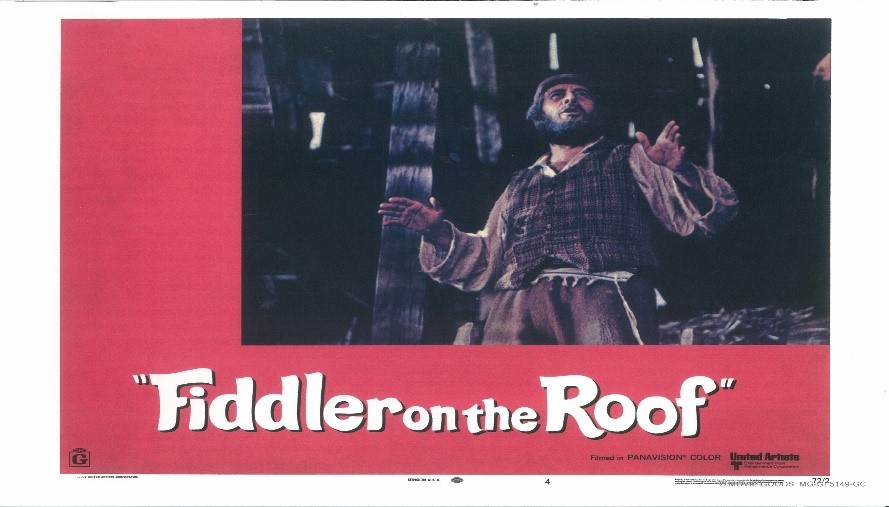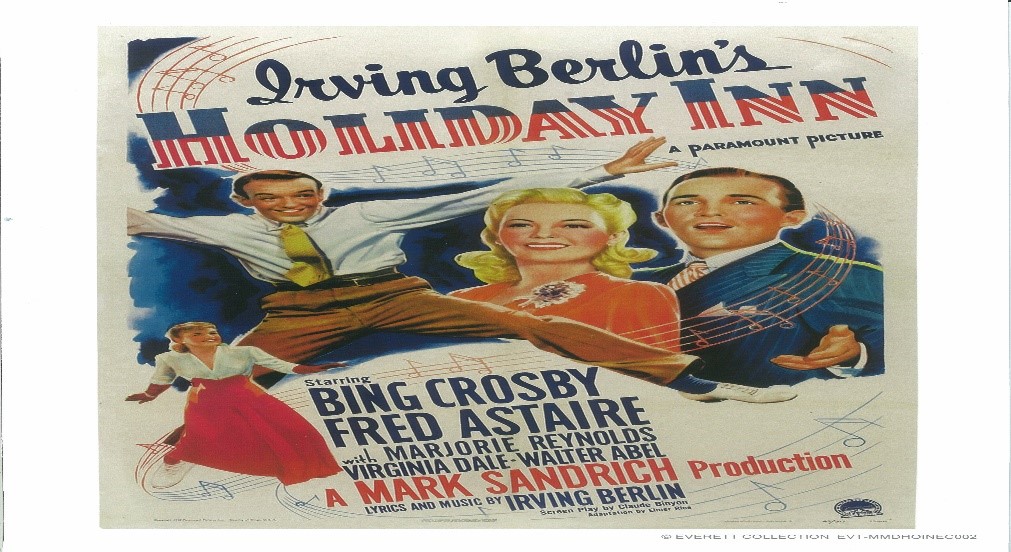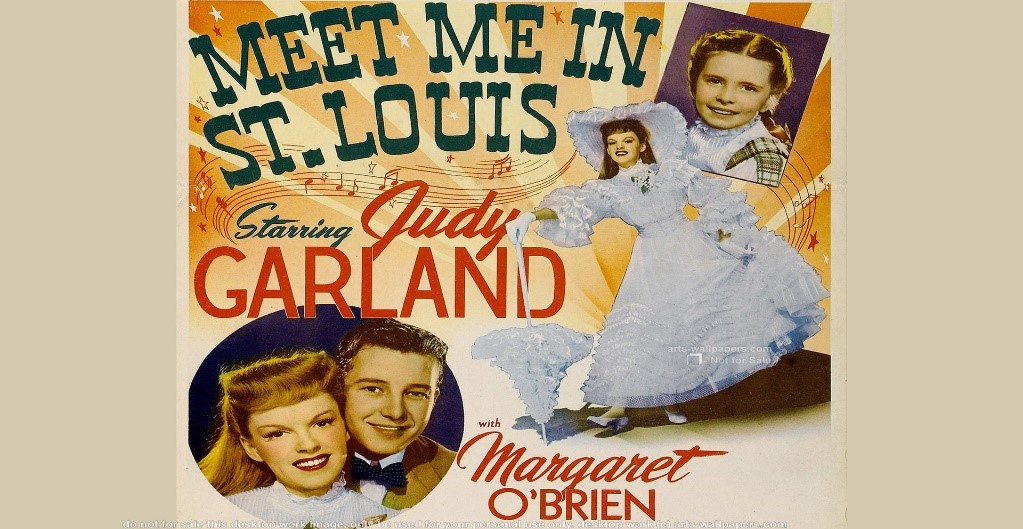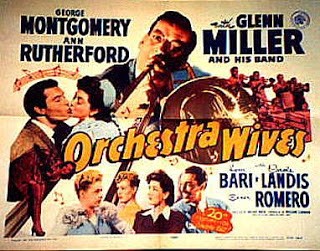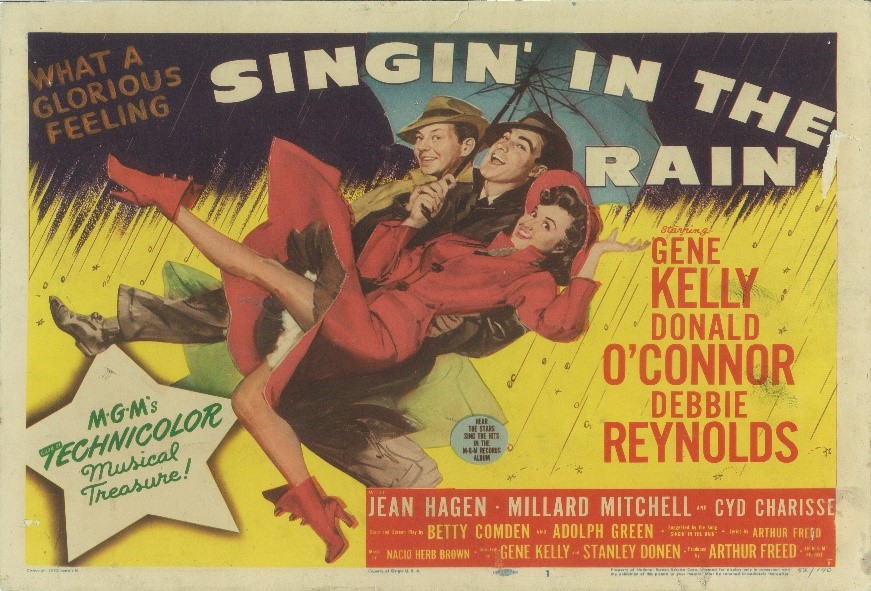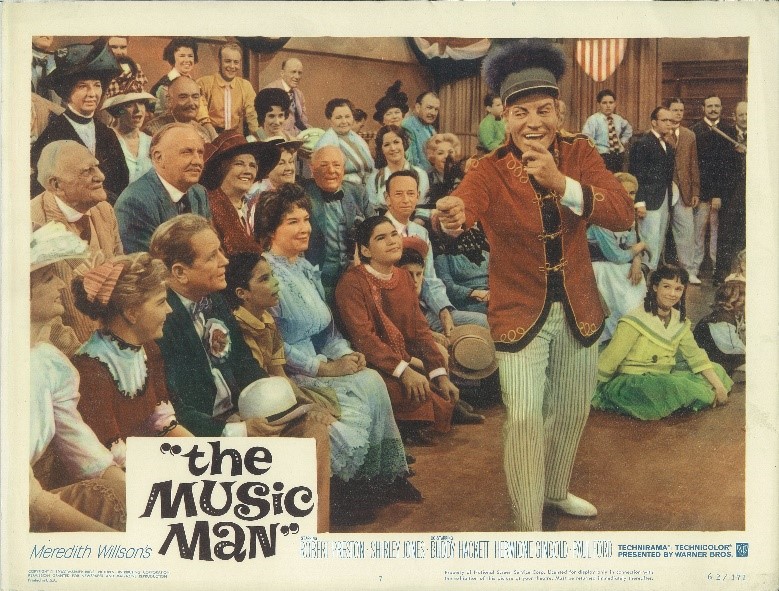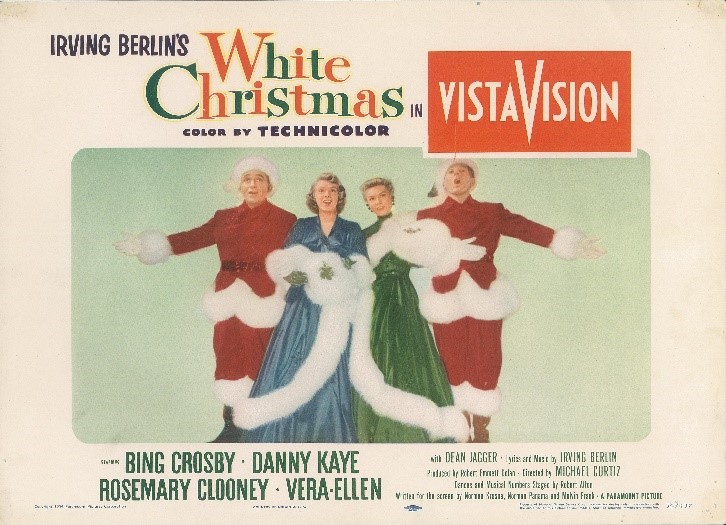"All the time, I thought, there's only me. Crazy in a way that no one else could be. I can't believe that you were somewhere too, thinking all the time there's only you."
(Barry Manilow, Marty Panzer, 1976)
As we enter the sixth month of the pandemic, many of us find ourselves in continued isolation from friends, family, colleagues, and routines that informed our daily lives. How are we coping?
From the sound of that opening lyric, some of us a feeling a little lonely!
I can't deny it, that's me. However, like many of you, I've found comfort and connection in Zoom, Facetime, Netflix, and of course, the Classic Movie Musical.
As I open the guidebook to the fall offerings, I realize Tevye's family and the Smith family find themselves living in similarly isolated societies.
Welcome to the September - October 2020 Edition Fiddler on the Roof and Meet Me in St Louis ~ The Isolation Culture
When the films open, we see families rooted in traditional culture roles.
Fathers are patriarchs who earn a living and make the crucial decisions from whom the daughters will marry (Tevye, Fiddler on the Roof ) to when they eat dinner, who answers the telephone, and where they live. (Lon Smith Sr. Meet Me in St Louis)
Mothers (Golde, Fiddler on The Roof and Anna, Meet Me in St. Louis) raise the family and run the home.
Daughters (Tzietel, Hodel, Chava - Fiddler on the Roof and Rose and Esther - Meet Me in St Louis), come of age and look forward to marriage.
Tradition and culture dictate that Tevye's daughters rely on the matchmaker to "make me a perfect match," and that Rose and Esther rely on their femininity to get the men they want. ("If we can create a breathtaking effect, it'll be simple to monopolize all the worthwhile men.")
As each story unfolds, we find Tevye's daughters Hodel and Chava experiencing isolation from their family's love and support due to cultural mores.
Perchik, a young school teacher from Kyiv, visits the isolated village and is welcomed into Teyve's household with a bargain – food and shelter for lessons. The lessons he teaches shake the villagers to their core. For espousing that women and men should dance together, he is called a radical, for encouraging Hodel's participation, he and she are labeled sinners. These actions are what draws Hodel to him. He is brave and free-thinking, all the things she may want to be, and never thought possible.
When they decide to marry and ask only Teyve's blessing, she discovers that happiness with the one she loves comes with a price – isolation in Siberia's "frozen wasteland." When Hodel gets on the train and says, "goodbye, Papa, G-d alone knows when we shall see each other again." We, as an audience, feel her sadness and isolation.
For Chava, her isolation is precipitated by her father's views regarding faith. Regarding the Christians in his village: "We don't bother them, and so far, they don't bother us." This belief is tested when Chava meets Fyedka – a Christian. (Tevye: "I would be much happier if you remained friends from a distance. You must never forget who you are and who that man is. Each shall seek his own kind!") In love with Fyedka, Chava believes she has found her own kind and announces they will marry. In marrying outside the faith, Chava chooses isolation with the one she loves over her extended family's love.
As Tevye's daughters find happiness in isolated love, it is love that seems to isolate Esther and Rose Smith.
In the culture of 1904 St. Louis, it is not acceptable behavior for girls to approach boys or speak to them without an introduction. However, that does not stop Esther from falling in love with John Truitt, The Boy Next Door. ("The moment I saw him smile; I knew he was just my style. My only regret is we've never met. Though I dream of him all the while.") To encourage a match for her sister, Rose writes a letter of introduction and invites John to a house party. Within the bounds of socially acceptable behavior, Esther sets out to get her man ("Well, if we're going to get married, one of us has to start it.")
She begins with flirtation ( "Oh, do you live here?"), progressing to friendship (John: "You've got a mighty strong grip for a girl!" Esther: "Thanks, Neighbor"), followed by a quick stop at outward aggression. (Esther: "What do you mean hitting a five-year-old child? The next time you want to hit somebody, pick on somebody your own size. If there's anything I hate, loathe, despise, and abominate, it's a bully!" John to Esther: "If you're not busy tomorrow night, could you beat me up again?")
John seals the request with a kiss, proving that the girl next door was just his style.
Cultural and social mores also keep Rose isolated from Warren Sheffield. At the outset, it is the physical distance from St. Louis to New York that separates them. As the story progresses, a long-distance phone call, an invitation to the holiday dance that never came, and the presence of another woman (Lucille Ballard) increase their divide. Stifled by social convention, Rose cannot close the gap in her relationship by confrontation. Instead, she schemes with her sister to ruin Lucille's evening by manipulating her dance card: ("Oh, Es, you fiend! Everyone's a perfect horror!") As the dance progresses, all the couples are reunited. Warren ends Rose's isolation with a proposal. ("Rose Smith, we can't go on like this any longer. I've positively decided we're going to get married at the earliest opportunity. And I don't want to hear any arguments. That's final. I love you!")
Those three words end the isolation of all the couples and are the foundation on which they will build the next generation, a generation that does not look to a specific culture to dictate behavior but looks to behavior to shape culture for the better.
Stay Safe and Well!
~Lori
Reference: Yauch, L (8 September 2019). Happiness Through Family Connection {Blog Post}. Retrieved from www.moviesandmusic.biz

